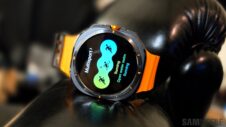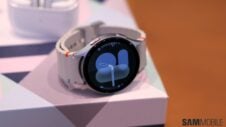In a quest to raise awareness for World Mental Health Day, which takes place on October 10, Samsung has revealed a few research programs it is currently involved in to foster innovative health solutions for both the body and mind.
Samsung says that even though mental health “impacts nearly every aspect of our daily lives,” most health-tracking technologies available today focus on physical health.
In part, the same is also true for the Samsung Health platform and Galaxy Watches. However, Samsung wants to break new ground and has been collaborating with various organizations to innovate and create new solutions that will hopefully make it easier for people to take care of both their bodies and minds.
Here are some of the medical institutions and research projects that Samsung is helping.
Massachusetts General Hospital: Depression Prevention & Detection
Using Samsung's Galaxy Watch series, the Massachusetts General Hospital (MGH) has been analyzing the correlation between depression and various biomarkers.
With the help of 150 participants wearing Galaxy Watches, the study conducted by MGH tries to validate the correlations between depression and biometric patterns found in activity levels, sleep stages, duration, and latency on both weekends and weekdays.
The goal is to develop a mental health index that could allow Galaxy Watch users to better understand their mental state. The technology could also help users take proactive measures to improve their mental health.
MIT Media Lab: Well-Being through Better Sleep
MIT Media Lab has been conducting research to understand the importance of sleep with the help of Galaxy Wearables and approximately 200 college students.
During this study, the ~200 participants performed self-evaluations on their levels of alertness, happiness, energy, health, and calmness every morning for a month. This gave the institution the data it needed to link sleep patterns to overall health.
After one month, using a mixed-effect random forest model, MIT Media Lap could predict the results of the participants' self-reports based on their sleep patterns with high accuracy.
Brigham & Women's Hospital: Helping Rapid Recovery
Brigham & Women's Hospital is conducting a study to identify the relationship between biomarkers and an individual's resilience and how they can recover from major stressors. The study uses Galaxy Watches and the Samsung Health Research Stack. Samsung describes the latter as “a system designed to increase the efficiency and accuracy of large-scale research.”
The medical institution uses these Samsung technologies to monitor patients before, during, and after undergoing transcatheter aortic valve replacement (TAVR) surgery. Through this study, the institution hopes to uncover insights into recovery and patients' ability to withstand stressors.
Tulane University School of Medicine: Identifying Cardiovascular Risks
Using the Galaxy Watch and the Samsung Health SDK (Software Development Kit), Tulane University School of Medicine is trying to create biomarkers for early detection of cardiovascular disease risk factors.
With the help of thousands of participants from diverse demographics and areas of high prevalence of cardiovascular disease, Tulane University will closely monitor health records and biometric data to examine complex and interconnected health factors.
Senior Vice President and Head of Digital Health Team at Samsung said the company is “[…] Committed to supporting the health community by unlocking new frontiers that were previously impossible to explore.”
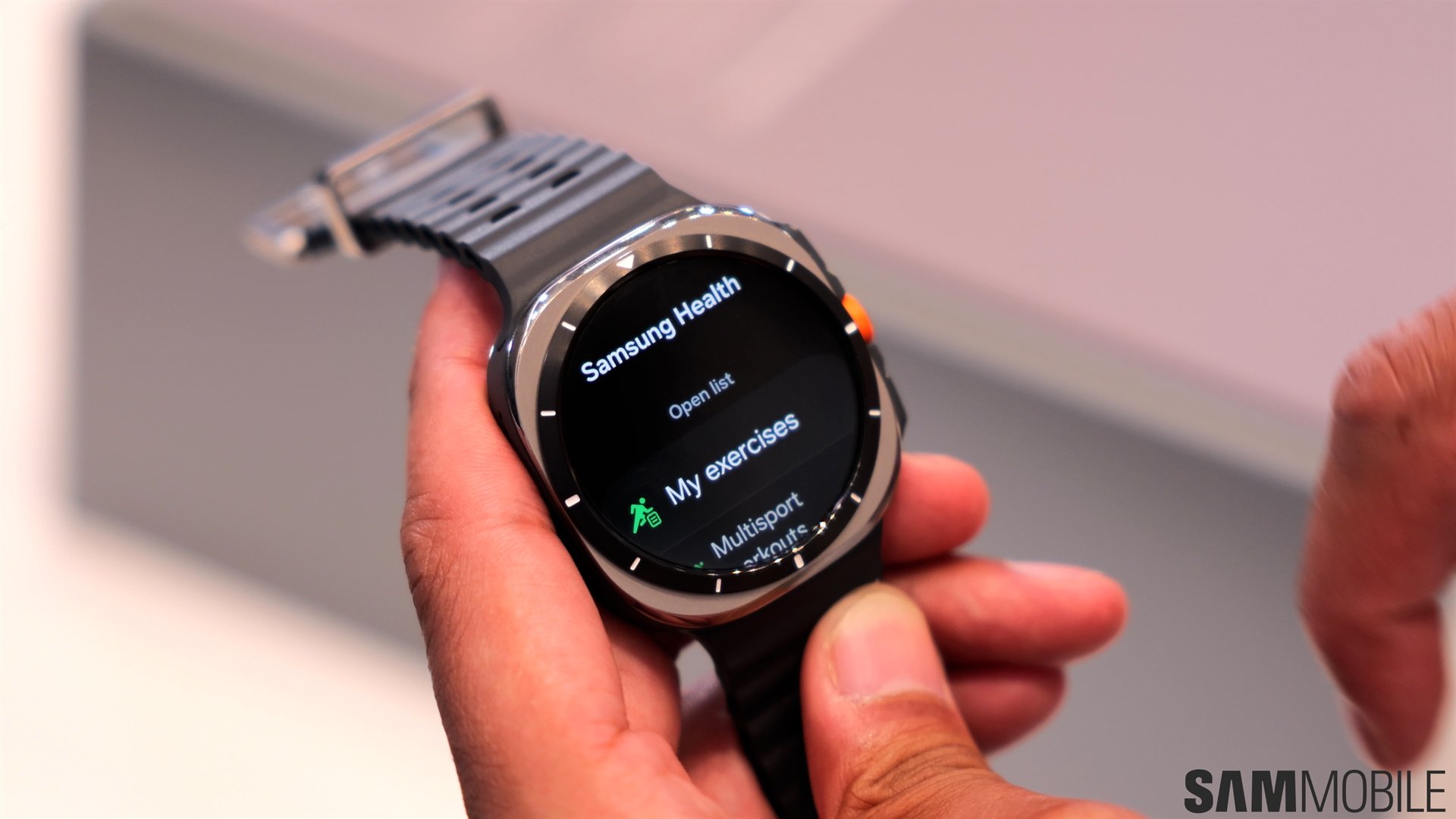
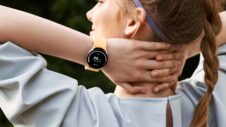
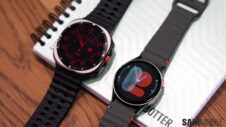
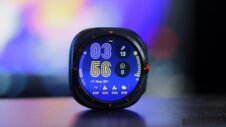
![[Updated] You’re not imagining those random vibrations on your Galaxy Watch](https://www.sammobile.com/wp-content/uploads/2024/08/Galaxy-Watch-Ultra-BioActive-health-sensor-1-226x127.jpg)
